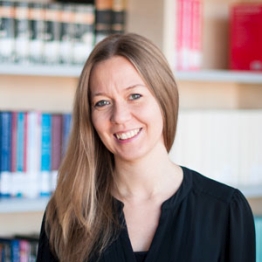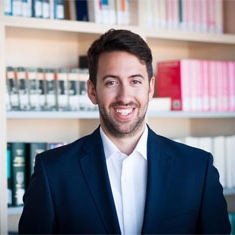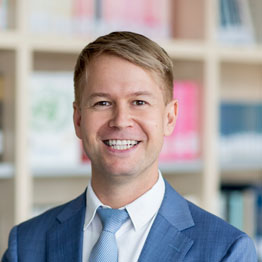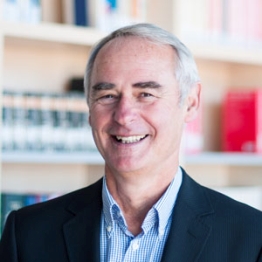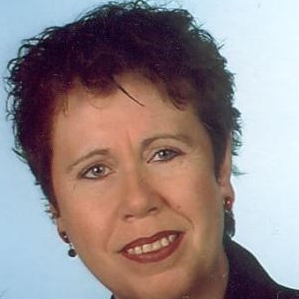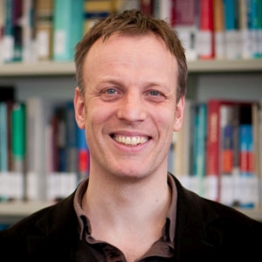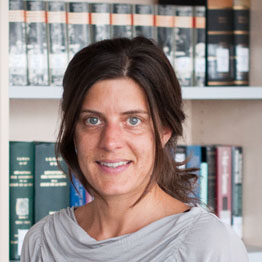The Ruhr-Universität Bochum was prominent from its beginning: as the first new university to be founded in Germany after the war; and as the first university to integrate engineering on a single campus. Today this innovative characteristic is represented by the introduction of Bachelor and Master degree programmes - there is no other university in Germany that is as advanced in implementing the Bologna Process. The Ruhr-Universität exudes excellence in research and diversity in its international contacts.
The Institute for International Law of Peace and Armed Conflict (Institut für Friedenssicherungsrecht und Humanitäres Völkerrecht, IFHV) was established in 1988 by decision of the university senate as a central research unit of the university. The IFHV carries out research and teaching from an inter-disciplinary perspective. Based on its strong international humanitarian law tradition, the IFHV is the only institute in Germany, and one of very few in Europe and the world, which is dedicated to the discipline of humanitarian studies. The IFHV combines its strong emphasis on international humanitarian law, the law of peace and human rights law with sociological and political perspectives on humanitarian crises, actors and activities.


